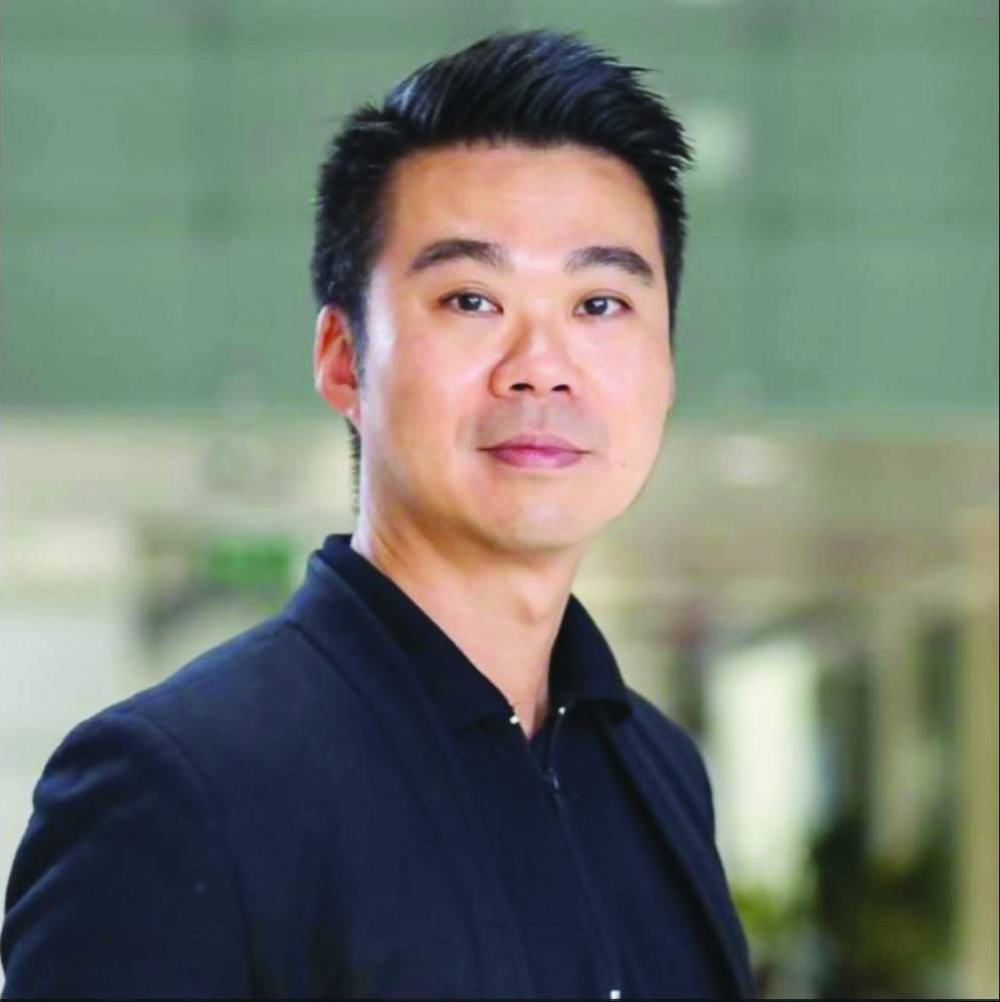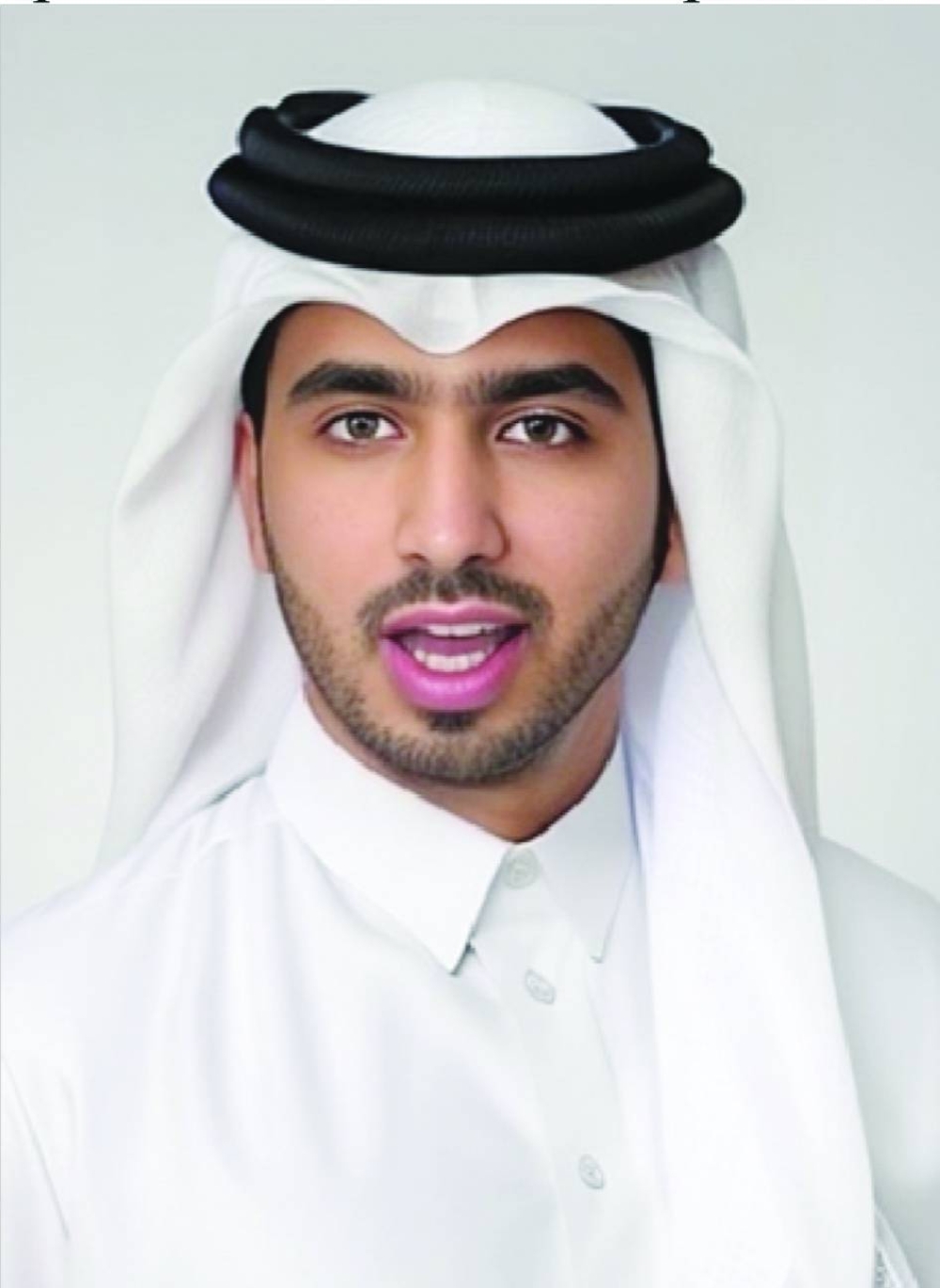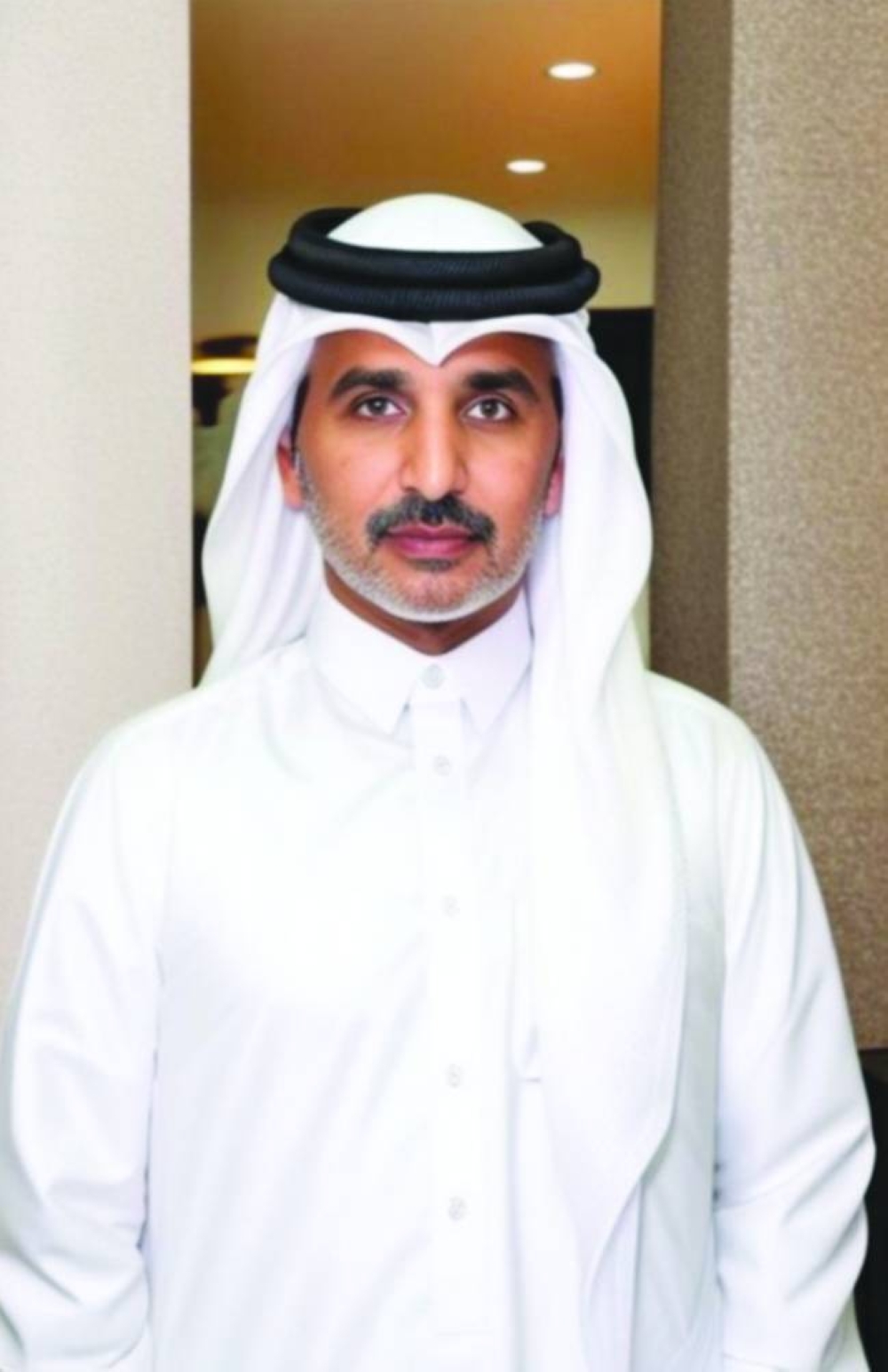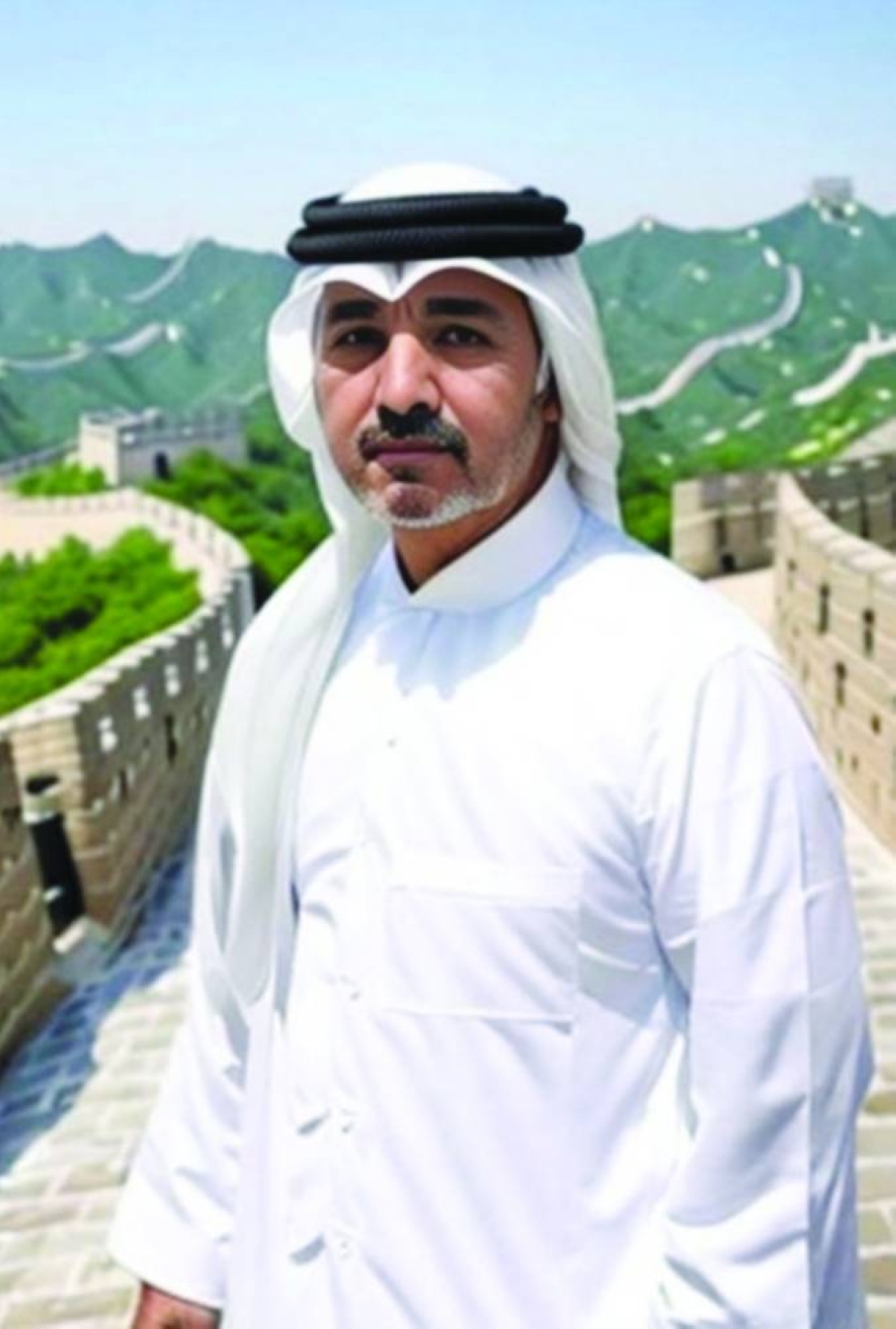Hamad Bin Khalifa University (HBKU), in a pioneering initiative merging technology, artistic innovation, and cultural awareness, is leading an ambitious research project focused on generative Artificial Intelligence (AI) tailored to Arab and Qatari culture.
Led by HBKU’s College of Science and Engineering associate professor Dr James She, this innovative project is set to transform the landscape of digital media production by creating highly culturally aware and relevant AI-generated content.
“Our technology breakthroughs and project deliverables stemming from this research on AI characters underscore Qatar’s unwavering commitment to research and education.
“These developments are poised to significantly benefit a wide array of industries within Qatar, including media, culture, and creativity, by spearheading the utilisation of generative AI technologies for applications requiring precise, high-quality, and representative AI characters,” Dr She told Gulf Times.
He pointed out that existing generative AI technologies and platforms like Midjourney, Dall.E, and Stable Diffusion often fall short when it comes to accurately representing Arab and Qatari cultures.
Dr She, along with his dedicated research team at HBKU, has spent the last three years pushing the boundaries of generative AI technology to ensure it can effectively and authentically portray Qatari and Arab content, culture, and heritage.
As a media artist himself, Dr She has not only been researching but also producing, exhibiting, and lecturing on AI art that encapsulates the essence of Qatari, Arab, and Islamic culture. His research interests focus on the uses of AI and multimedia for art, media, culture and human creativity and many of his artworks were previously exhibited in Qatar, UAE, South Korea, Australia, Thailand, China and other countries.
He said that his team’s goal is clear: to provide a platform with culturally aware AI technologies that empowers media professionals and individuals to efficiently create lifelike AI-generated Qatari characters for digital images and videos.
“Moreover, by positioning HBKU as a key research hub within the global research community, we are at the forefront of propelling future generative AI technologies, with a special emphasis on pioneering breakthroughs in the realm of Arab culture and content,” added Dr She, who was a visiting artist at Qatar Museums’ Fire Station: Artist in Residence in 2020.
The team’s recent achievements feature a collection of Qatari AI characters, represented by “AI Fahad,” who can be seamlessly customised for various applications. For instance, he said AI Fahad can speak multiple languages such as Mandarin to promote attractions in Qatar, making him a powerful tool for tourism promotion.
According to Dr She, these AI characters are a testament to technical innovation, cultural correctness, artistic endeavours, and media appropriateness. They not only look incredibly realistic but also meticulously preserve cultural details, from traditional “gitrah” and “thobe” attire to their ability to adapt to different languages and knowledge domains.
“The implications of this project extend far beyond media and creative industries,” he stressed, noting that it holds immense potential for accelerating content production across diverse sectors, including tourism advertising, sports news broadcasting, online education, and training.
Dr She and his team have developed their novel generative AI algorithms as a user-friendly platform, drawing from the latest open-source generative AI technologies. All Qatari AI characters produced from this platform are curated by experts with cultural, media, art, and technology backgrounds.
In addition, he said his team is proactive in addressing potential risks and challenges associated with AI character technologies. They are collaborating with experts to develop effective detection and mitigation solutions to prevent misuse and abuse of this emerging technology, safeguarding against the spread of fake news and more.
The team, Dr She added, is also actively exploring opportunities to deploy these AI characters in significant mega events and tourism projects in Qatar and the region, further solidifying its commitment to cultural representation and technological advancement.

Dr James She's research interests focus on the uses of AI and multimedia for art, media, culture and human creativity.

AI Fahad can speak multiple languages such as Mandarin to promote attractions in Qatar, making him a powerful tool for tourism advertising.

AI characters like AI Hamad meticulously preserve cultural details, from traditional “gitrah” and “thobe” attire to their ability to adapt to different languages and knowledge domains.

Another Qatari AI character is Abdullah.

